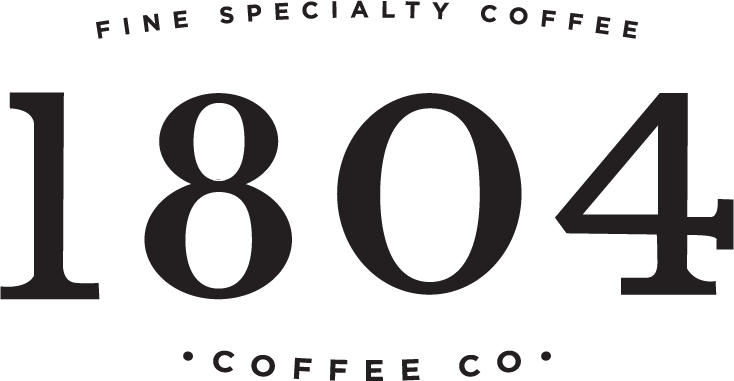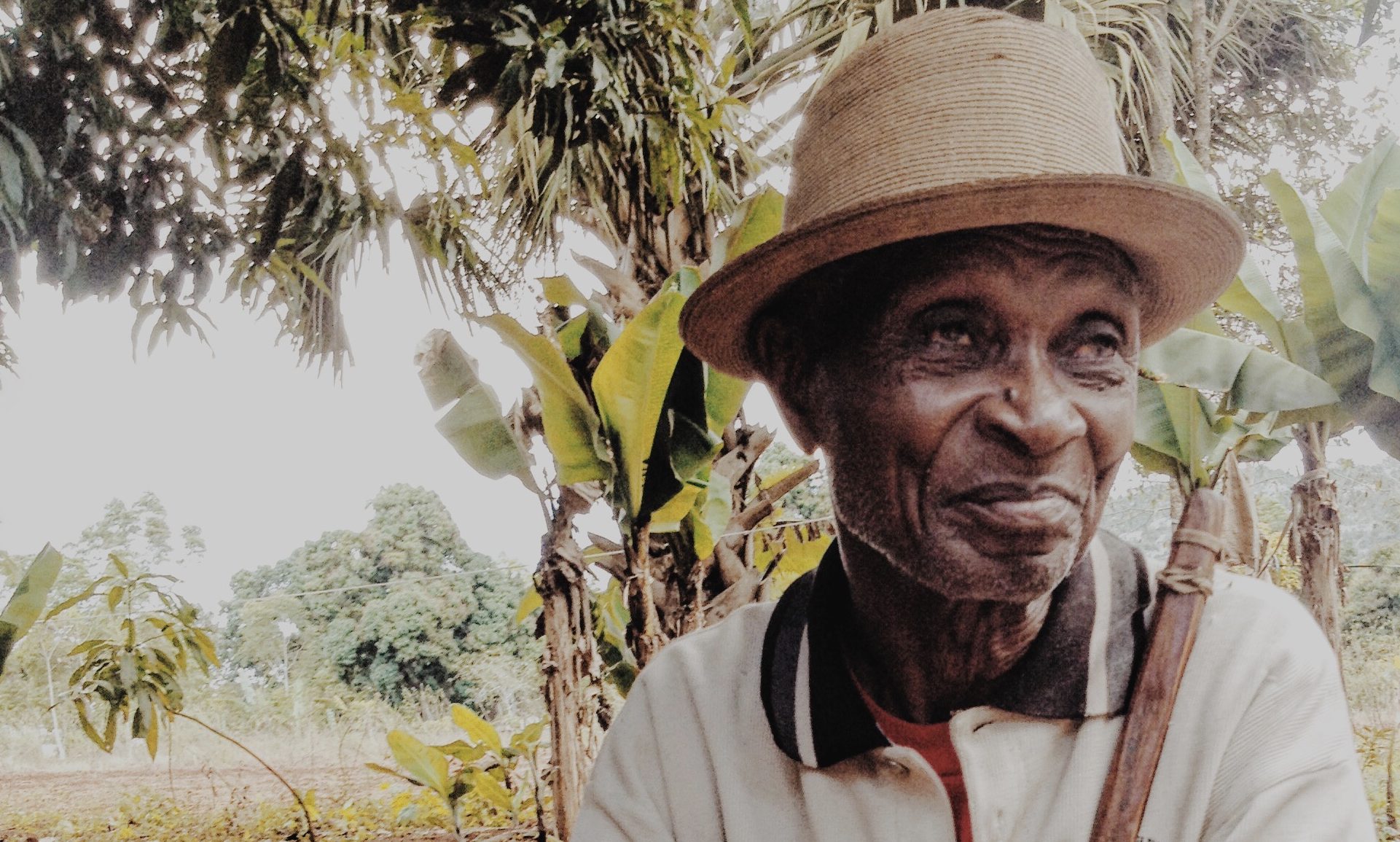It really was an accident, We had no intention of ending up importing and roasting coffee from Haiti. But sometimes accidents can turn out to be providence for one’s life. I was in Haiti working on a well drilling project high up in a mountain village and would often visit with passers by in broken Creole. Along came a middle aged Haitian man who responded in English.
He said his name was Claude and he was an agricultural engineer working in the area on coffee farms. As a curious type I asked if he had time to take me to visit a farm. Just a few moments later we parked our motorcycles and walked underneath the lush canopy known as a Creole Garden where Arabica Typica grows wild.
We emerged on a concrete patio used as a drying pad for freshly picked coffee cherries. I stared at the modest home painted in faded colors adorned in Caribbean fashion. Voices filtered from the home through mahoney doors hung slightly ajar.
A young man appeared, and visited with my new friend Claude, then disappeared into the home. A few minutes later an old man, led by his son, hobbled out onto the drying pad. A chair was placed for him to sit on.
He introduced himself as Jean Michel, and we sat together for the better part of the afternoon talking Haitian coffee, farming and family.
He said he was sick in his old age of about 80. He couldn’t remember exactly how old he was, as most from his generation don’t have accurate birth records. His vision had nearly left, and blindness wreaked havoc on his ability to run his meager coffee farm. He lamented about how his two sons were not interested in coffee farming and had moved to places to find work. Although he had passed along his skills to his children, the exporters from Port Au Prince had long since stopped visiting his area because of the trade embargoes of the 1980s.
Now he traded his coffee like currency in the mountain markets held on Saturdays, which helped to provide for his family. But his farm was a shadow of what it once was. He talked of glory days when sacks were loaded and hauled by donkey or truck to the mill. I could tell those were better times financially, they had probably funded his modest estate. I wondered what it would take to revitalize such a farm, but on that day I had only questions and no answers.
I bought five pounds of green beans, stuffed them in my backpack and headed off, only to return years later to meet him again. His coffee turned out to be extremely high quality and provided a truly romantic cupping experience, which birthed 1804 Coffee into existence. But as I rode off down the dusty trail that particular day I knew providence had once again touched my life, this time through the blind man. We would find a way to introduce the world to coffee from Haiti and help restore farms like his to prominence.



